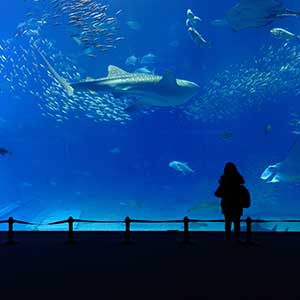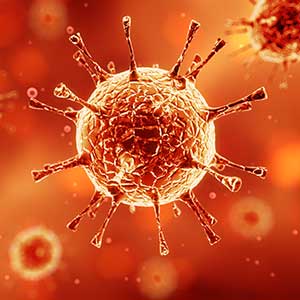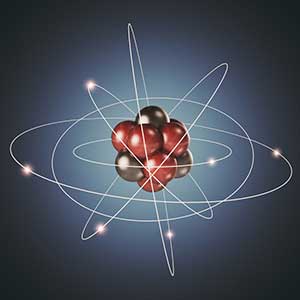Your cart is currently empty!
Science 8
Grade:
6th – 8th Grade
Duration:
2 Semesters
Credit:
1.0
Materials:
Science 8 is an integrated course in which the fields of science are not compartmentalized. Instead, earth and space science, life science, and physical science are integrated within each semester.
Semester A
Science 8A begins with a focus on scientific thinking and investigation. Students learn how to observe the natural world, design experiments, analyze data, and evaluate evidence. They then explore energy, including different forms of energy, thermal energy transfer, and how energy is conserved and converted in everyday systems.
The course continues with a study of the human digestive system and how the body uses food for energy, followed by a unit on human impacts on Earth’s systems, including biodiversity, oceans, and climate. Finally, students investigate major body systems such as the respiratory, circulatory, lymphatic, endocrine, skeletal, and muscular systems, gaining an understanding of how these systems support life and interact to maintain health.
The course assignments are designed to engage students in applying science and engineering practices (SEPs) to build understanding of disciplinary core ideas (DCIs) through crosscutting concepts (CCs). Capstone assignments encourage students to explain real-world phenomena and design solutions to problems using science and engineering practices.
Semester B
Science 8B explores the physical and life sciences through topics that explain how energy and matter interact in natural systems. Students begin by investigating electricity, magnetism, and electromagnetic forces. They then explore chemical reactions, including conservation of mass and energy, reaction rates, and acids and bases.
The course continues with an overview of the solar system and the historical development of planetary science. Students also learn how the nervous system and senses work together to respond to the environment. In the final units, students explore wave behavior, sound, and the electromagnetic spectrum, learning how energy travels and how we use waves in communication, medicine, and everyday life.
The course assignments are designed to engage students in applying science and engineering practices (SEPs) to build understanding of disciplinary core ideas (DCIs) through crosscutting concepts (CCs). Capstone assignments encourage students to explain real-world phenomena and design solutions to problems using science and engineering practices.
Semester A
Module 1: Scientific Thinking
Module 2: Energy
Module 3: The Digestive System
Module 4: Human Impact on Earth
Module 5: Respiratory and Circulatory Systems
Module 6: Lymphatic, Endocrine, Skeletal and Muscular Systems
Semester B
Module 7: Electricity and Magnetism
Module 8: Chemical Reactions
Module 9: The Solar System
Module 10: Nervous System and Senses
Module 11: Waves and Sound
Module 12: The Electromagnetic Spectrum
What TO EXPECT
See what our program is like after you get enrolled for parents and students.
Full-Time ProgramS
Our full time online tuition programs include enrollment for the school year (i.e. two semesters). Tuition varies based on our different programs. We recommend that students wishing to take 4 or more individual classes apply to our Full-Time Tuition Programs.
Highly Qualified Teachers 24/7 Access to Learning Platform Optional Weekly Group Synchronous Sessions And More!








